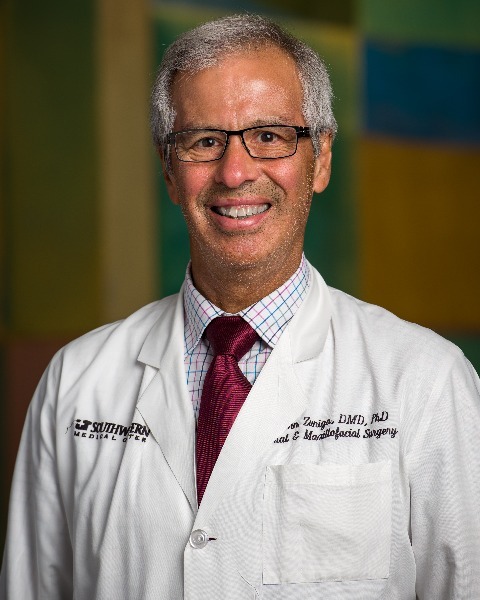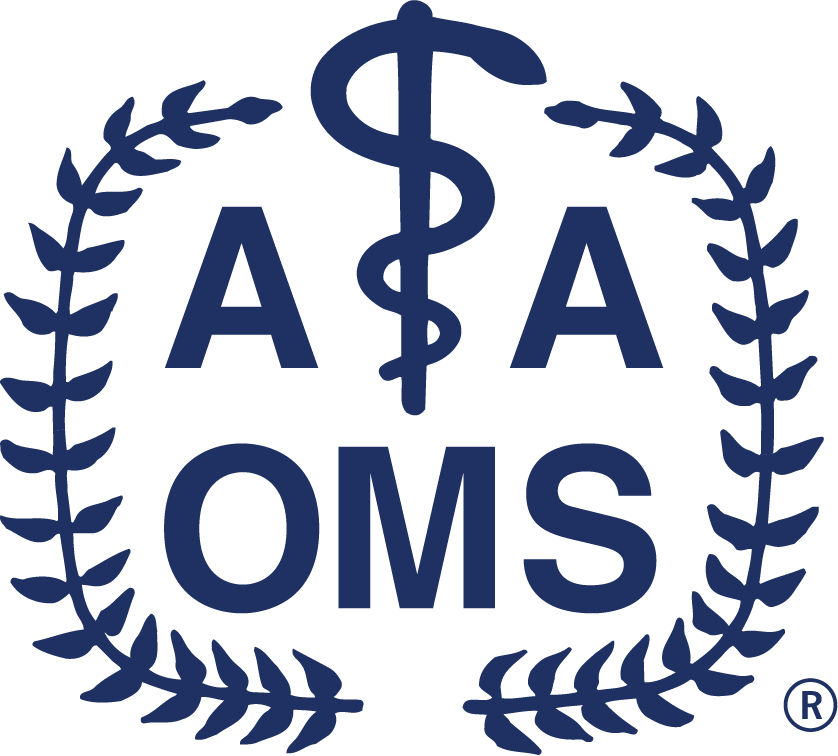
Nonsurgical Management and Pharmacologic Therapy for Post-traumatic Peripheral Trigeminal Neuropathic Pain Disorders - On Demand Access
-
You must log in to register
- Member - $50
- Resident Member - Free!
- Allied Staff Member - $50
- Professional Staff Nonmember - $100
- Other Nonmember - $100
The incidence of developing post-traumatic trigeminal neuropathy (PTTN) has been reported to range from 0.45% to 70% of injuries involving the inferior alveolar and lingual nerves. Based on ambispective clinical trials, no phenotypic presentation predicts outcome of microsurgery. In fact, microsurgery has only chance benefits. This 60-minute webinar will focus on the non-surgical management of PTTN. The pharmacologic therapies for acute and late-phase PTTN and their limitations, location-based treatments and alternative pain management strategies will be presented.
Learning Objectives
At the conclusion of this program, participants should be able to:
- Describe the different pharmacologic therapies, including evidence-based, for the proper dosages and regimens used to treat PTTN.
- Identify the differences between early- and delayed-phase protocols for the treatment of PTTN.
- Review alternative pain management strategies for the treatment of long-term PTTN..
An Internet-based CDE/CME Activity
Original Release Date: June 23, 2021
Last Review Date: April 20, 2024
Expiration Date: April 20, 2027
Estimated time to complete this educational activity: 1.0 hours
Method of participation: Self-Study

John R. Zuniga, DMD, MS, PhD
Professor
UTSW Medical Center
Dr. Zuniga received his dental degree from Tufts University School of Dental Medicine, Boston, Massachusetts in 1978. He completed a general dental residency in 1979 and an oral and maxillofacial surgery residency at the University of Rochester, Strong Memorial Hospital in 1986. He received a MS and PhD in Neuroscience in the Neuroendocrine Unit of the University of Rochester, School of Medicine and Dentistry in 1986, Center for Brain Research. He was a full time faculty member of the Department of Oral and Maxillofacial Surgery at the University of North Carolina at Chapel Hill from 1986 to 2006. He served as the Program Director of the Oral and Maxillofacial Surgery residency from 1992 to 2005 and was the co-director of the Oral and Maxillofacial Pain Program. He served as chair of the Division of Oral and Maxillofacial Surgery in the Department of Surgery at the University of Texas Southwestern Medical Center at Dallas and Parkland Memorial Hospital from 2006 to 2020. He currently is a professor in the Departments of Surgery and Neurology at the University of Texas Southwestern in DallasDr. Zuniga has authored over 185 contributions to the scientific literature. Dr. Zuniga’s major research interest includes regenerative neuroscience of the trigeminal nerve, acute and chronic orofacial pain and taste function. He has been the recipient of numerous research grants, contracts and awards. He has served as a consultant to the editorial boards of a number of scientific and clinical journals, served on the FDA advisory panel for dental products, the examination committee of the American Board of Oral and Maxillofacial Surgeons and on several research, resident education and faculty committees for AAOMS, the OMS Foundation, the Osteo Sciences Foundation, and the ADA. He is a founding member of the Global Nerve Foundation and sits on the Board to Directors for the Foundation.As an experienced trigeminal nerve microsurgeon, Dr. Zuniga has performed more than 300 nerve repairs, He also has clinical interests in TMJ disorders, benign pathology, dentoalveolar, and trauma surgery of the oral and maxillofacial region. He has completed several multisite, randomized clinical trials in acute and chronic pain and trigeminal nerve surgery using processed nerve allografts for jaw reconstruction.
Disclosures: AxoGen Inc (Individual(s) Involved: Self): Consultant/Advisory Board
Continuing Education Provider Approval
The American Association of Oral and Maxillofacial Surgeons is an ADA CERP Recognized Provider.
ADA CERP is a service of the American Dental Association to assist dental professionals in identifying quality providers of continuing dental education.
ADA CERP does not approve or endorse individual courses or instructors, nor does it imply acceptance of credit hours by boards of dentistry.
The American Association of Oral and Maxillofacial Surgeons designates this activity for 1.0 continuing education credit(s).
AGD - Accepted Program Provider
FAGD/MAGD Credit
11/1/22-12/31/26
Provider ID# 214680
The American Association of Oral and Maxillofacial Surgeons (AAOMS) is accredited by the Accreditation Council for Continuing Medical Education (ACCME) to provide continuing medical education for physicians.
The American Association of Oral and Maxillofacial Surgeons designates this internet-based enduring material for a maximum of 1.0 AMA PRA Category 1 Credit(s)™. Physicians should claim only the credit commensurate with the extent of their participation in the activity.


